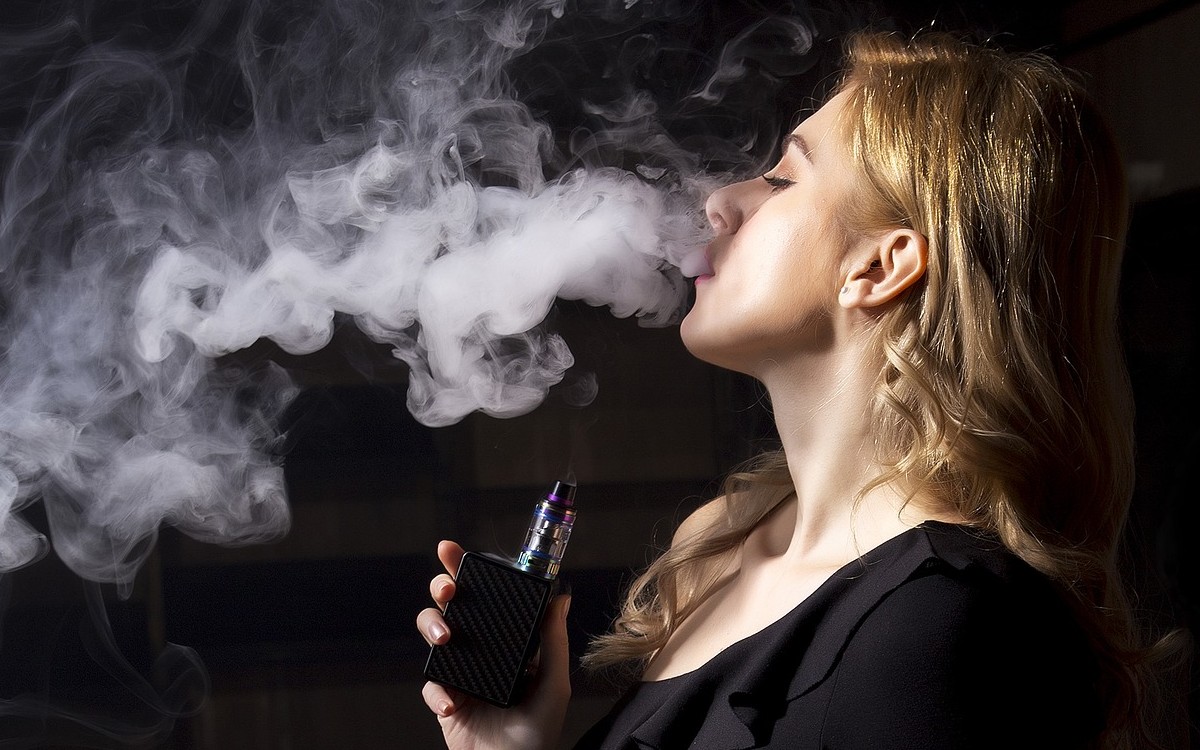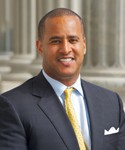
By Lindsay Street, Statehouse correspondent | Health experts and the vaping industry appear to agree: It’s time to regulate electronic cigarettes. But just when and how regulation happens will be up to state lawmakers, possibly as soon as 2020.
As the cigarette alternative has grown in popularity, so have concerns that the nicotine product is ensnaring young people in a new lifelong addiction — a trend counteracting years of work curbing tobacco use among teenagers.
“We have too many young people vaping with the potential consequences (of addiction and health effects),” said tobacco cessation expert K. Michael Cummings, a professor at the Medical University of South Carolina who studies health policies internationally on curbing tobacco use.
Another concern by many is the safety of such products, which have only been in popular use for the last decade. Recent severe lung illness cases and fatalities linked to vaping have mostly been tied to illicit products containing marijuana compounds, health experts say. As of this week, 1,888 cases with 37 deaths nationwide have been reported in 24 states. Thirty-two cases of vaping-related illnesses have been reported in South Carolina.
Yet another MUSC tobacco cessation expert, Matthew Carpenter, called the nicotine product “safer — notice I didn’t use the word ‘safe’” — than combustible cigarettes and a valuable tool for helping smokers kick nicotine. Vape shops in the state and one of the largest e-cigarette makers have touted the product as a way to wean off cigarettes.
“What I want are policies that not necessarily ban electronic cigarettes but they reduce and restrict anything that would promote uptake among youth,” Carpenter said. “I also want electronic cigarettes to be accessible to adults who may quit with them.”
In the 2019-2020 session, legislators unanimously toughened the 2006 Youth Access to Tobacco Prevention Act with House Bill 3420. They defined vaping as a nicotine alternative, prohibited minors from entering retail establishments that sell primarily nicotine products, required schools to prohibit vaping on campus and at school events (even among adults), and strengthened language about internet sales.

More vaping-related legislation is expected in 2020 with Rep. Beth Bernstein, D-Richland, spearheading several proposals. Bernstein led the charge on toughening the existing law, and she said preventing youth access and regulating the largely unregulated industry are her priorities.
“We’re all on the same page that we want to protect our children,” said Bernstein, who serves on the Joint Citizens and Legislative Committee on Children. In 2020, Bernstein is planning a two-pronged attack: more child education about the potential addictive and dangerous habit, and providing regulation to who sell the products and how the products are vetted as not counterfeit.
In the meantime, there are two other bills related to vaping being pushed by a bevy of lobbyists funded by e-cigarette giant Juul Labs Inc. One would raise the nicotine product purchase age to 21. The other, commonly referred to as a “preemption ban,” would prevent local governments from banning tobacco use.
Juul expands presence in the state
In an announcement by a state agency in May, Juul claimed it would invest $125 million in a new assembly facility in Lexington County and create 500 new jobs. So far, the plant hasn’t materialized.
Juul is typically sold online or through convenience store establishments. It’s marketed as a way for smokers to quit, though it has received national criticism for its uptake among adolescents.
Bernstein said she first learned about vaping as a problem for youths from her pediatrician talking to her then-eighth-grade daughter in 2018. The brand name mentioned, and known to her daughter, was Juul.
Five months after the plant announcement, in October, the company announced it would cut 500 jobs nationwide as the company grapples with congressional scrutiny of its marketing to minors and its claims as a quit-smoking product, and the entire industry reels amid cases of vaping-related illnesses.
Juul spokesman Ted Kewong issued this statement in response to questions about whether to S.C. plant was still coming:
“We look forward to supporting the creation of high-quality American jobs for a diverse and inclusive workforce drawn from across the Midlands, and will provide updates as they become available.”
Meanwhile, the company has seven lobbyists registered in the state, according to S.C. Ethics Commission records.
Juul declined to comment on specific legislation being pushed in the state. But, according to some lawmakers, those lobbyists are pushing two bills: raising the age of nicotine-product purchases to 21, and preventing local governments from banning the sale or use of nicotine products.
Raising the age to 21
The first thing Carpenter would like to see is raising the nicotine-product purchase age to 21, which would include combustible and electronic cigarettes. That is an idea that both Juul and many S.C. vape shops agree with.
“The biggest threat to our industry is youth usage,” said Darren Poe, president of SC Vapor , which represents 30 vape shops in the state.
Should the General Assembly pass an act raising the age for nicotine purchases, it would require a state constitutional ballot before voters to be enacted, Bernstein said.

House Minority Leader Todd Rutherford, D-Richland, sponsored both Juul lobbyist-backed bills.
“You can’t address one without the other,” he said. Rutherford once supported legislation that would have banned smoking combustible cigarettes statewide. “I don’t want to ban e-cigarettes and I believe that would be wrong, but I do believe we need to regulate the use of people under the age of 21.”
Senate Majority Leader Shane Massey, R-Edgefield, also sponsored the Senate’s version of the preemption bill.

“If you’re going to have regulations for vaping or smoking, whether you can buy the product or not, that ought to be a statewide decision,” he said.
The preemption bill, House Bill 3274, passed 69-37 in February but was later held up in the Senate in committee by Charleston Democratic Sen. Marlon Kimpson.
“It seems as if it will be nearly impossible for us to get a bill at the statewide level to ban vaping so at the very least we can empower the local and county government to patrol and curb teen smoking and these dangerous products,” he said.
The bill is likely to be revived in the 2020 session.
Bernstein called the preemption bill a distraction that “has nothing to do with vaping.” And while she would like to see the nicotine-purchase age raised, she said legislative efforts are best served on other bills that could “curb abuse now.”
Other policies floated in S.C.
Carpenter identified three other statewide policies to help curb public health issues: licensing sale of the products, restricting flavors that could be enticing to young people, and taxing alternative nicotine products like the state already does with tobacco.
“You need a license to cut someone’s hair. Why shouldn’t we have a license to sell a tobacco product?” he said.
SC Vapor’s Poe said vape shops encourage such legislation — which could endanger sales at convenience stores for companies like Juul — or going further and stopping all non-tobacco shop sales of the product in the state.
Flavor restrictions have been among the most contentious when it comes to vaping regulation. Lifelong smokers who kicked the habit, like Poe, argue that the flavors help smokers switch from combustibles to vaping. Carpenter said his research has found adults like the flavors as much as young people.
At first, Bernstein wanted all flavors banned, but now she says she advocates for finding the most youth-enticing and singling those out.
Juul has already halted sale of its non-tobacco and non-menthol flavored vaping liquids.
In North Carolina, the state has levied a tax on the nicotine-containing liquid in vaping products, and that’s something Bernstein would like to see in South Carolina. Taxes from tobacco products fuel youth prevention initiatives, and the same can be done with a vaping liquid tax, she said.
- Have a comment? Send to: feedback@statehousereport.com
















 We Can Do Better, South Carolina!
We Can Do Better, South Carolina!